Exactly two years and a day after Taliban gunmen shot her in the head for daring to speak up for the rights of a girl to get an education, Malala Yousafzai of Pakistan was awarded the Nobel Peace prize Friday. She shares the award with veteran children’s rights campaigner Kailash Satyarthi, 60, from neighboring India.
Both Yousafzai and Satyarthi were lauded “for their struggle against the suppression of children and young people and for the right of all children to education,” according to the Nobel Committee’s statement. Though it may not have been intentional, the joint award evokes certain symmetry: Yousufzai, who has since moved to England to continue her education in a safer environment, is at the beginning of a life she has repeatedly said will be spent furthering her cause. Satyarthi is looking back on a career studded with achievements and dedicated to protecting children from exploitation. His work on developing international conventions for children’s rights is what enabled Yousufzai to launch her own campaign, first in her native Pakistan, and then around the world.
That the two come from rival countries and oft-clashing faiths only strengthens the message that the need for children’s education trumps both nation and creed. “The Nobel Committee regards it as an important point for a Hindu and a Muslim, an Indian and a Pakistani, to join in a common struggle for education and against extremism,” said the Peace Prize statement.
For Yousufzai, who continues to receive threats from the Pakistani Taliban who attempted to silence her demands to be educated two years ago, receiving the Nobel Peace Prize offers no better, and no louder, rebuttal.
See Malala's Life In Photos
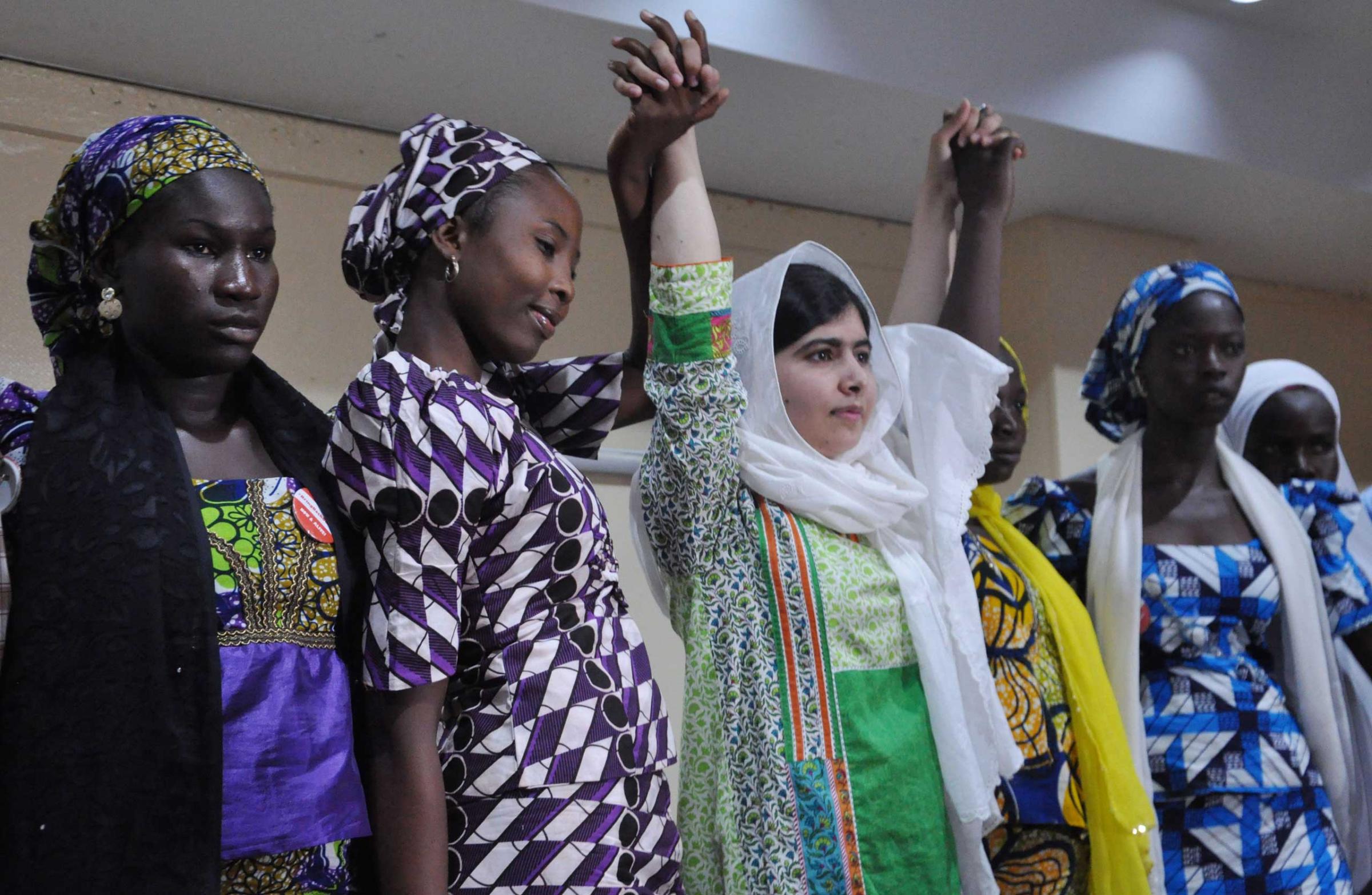
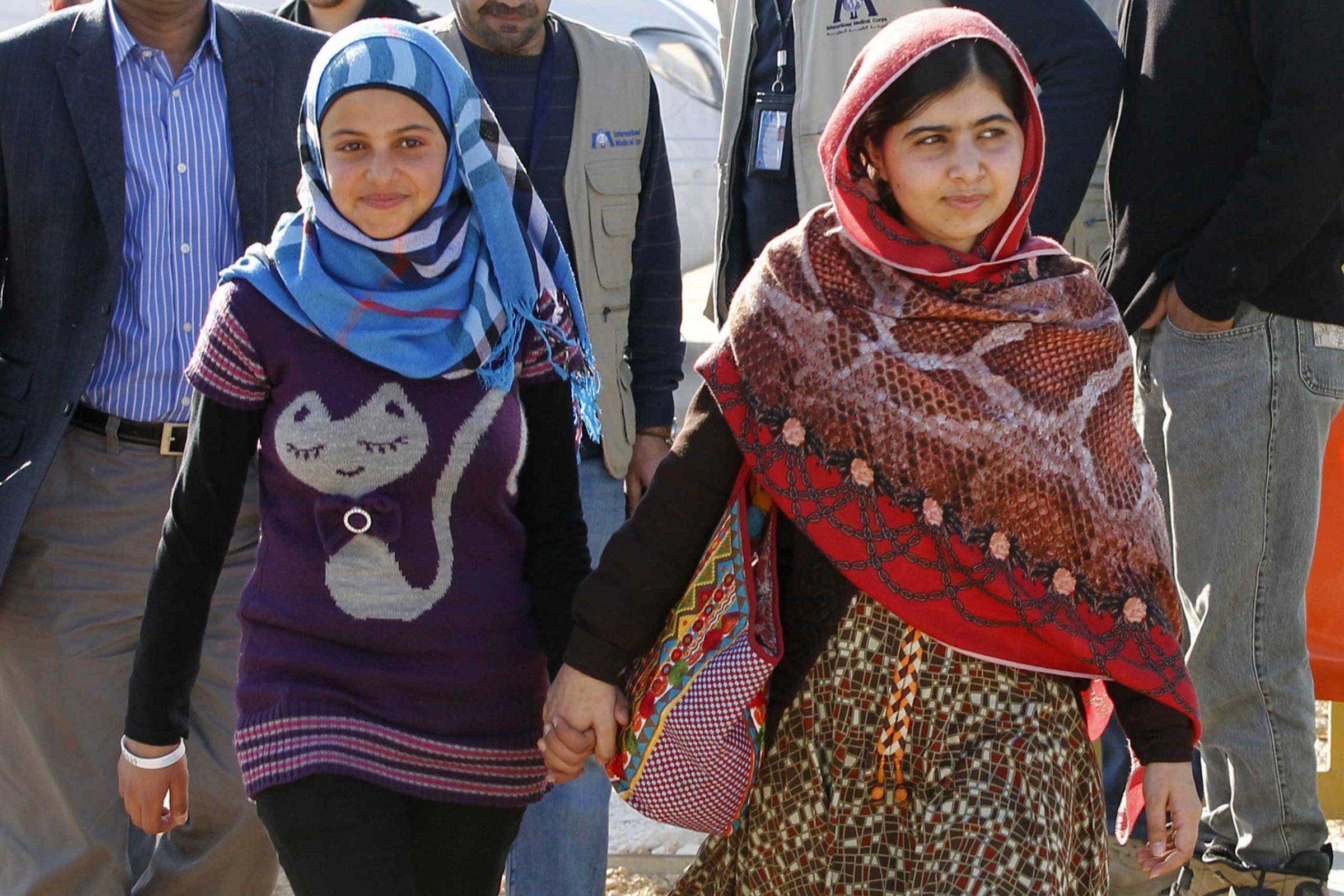
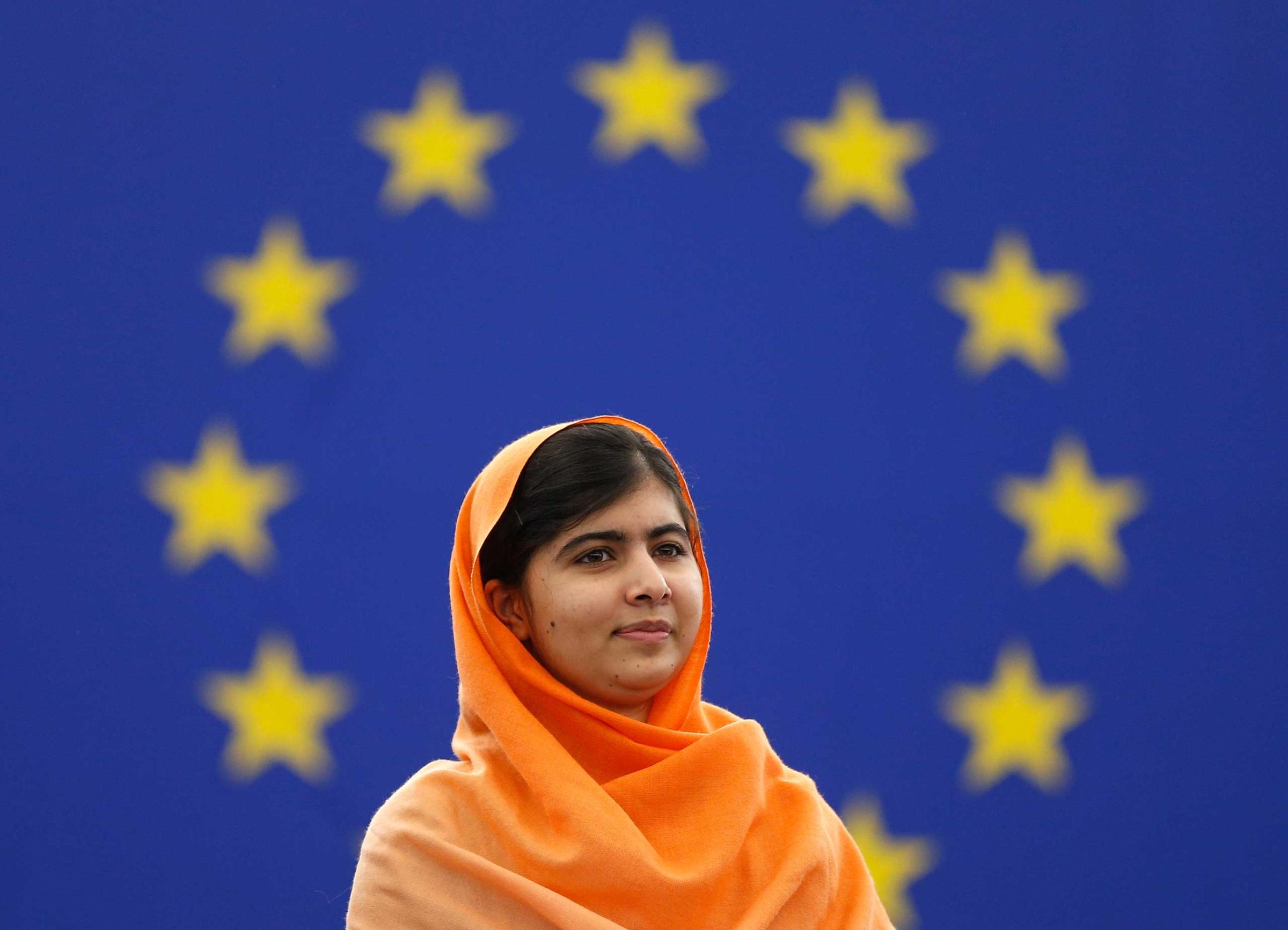
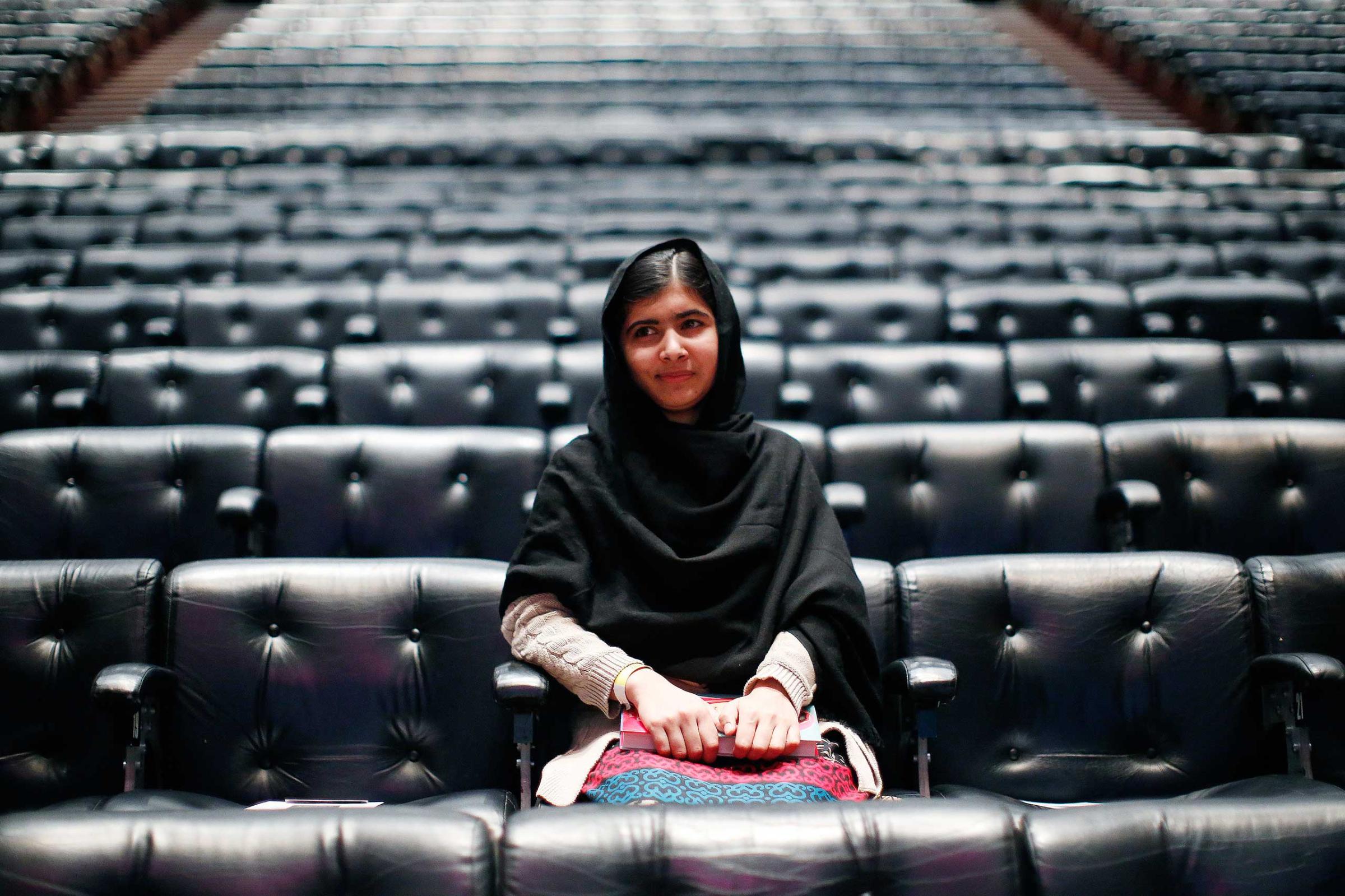
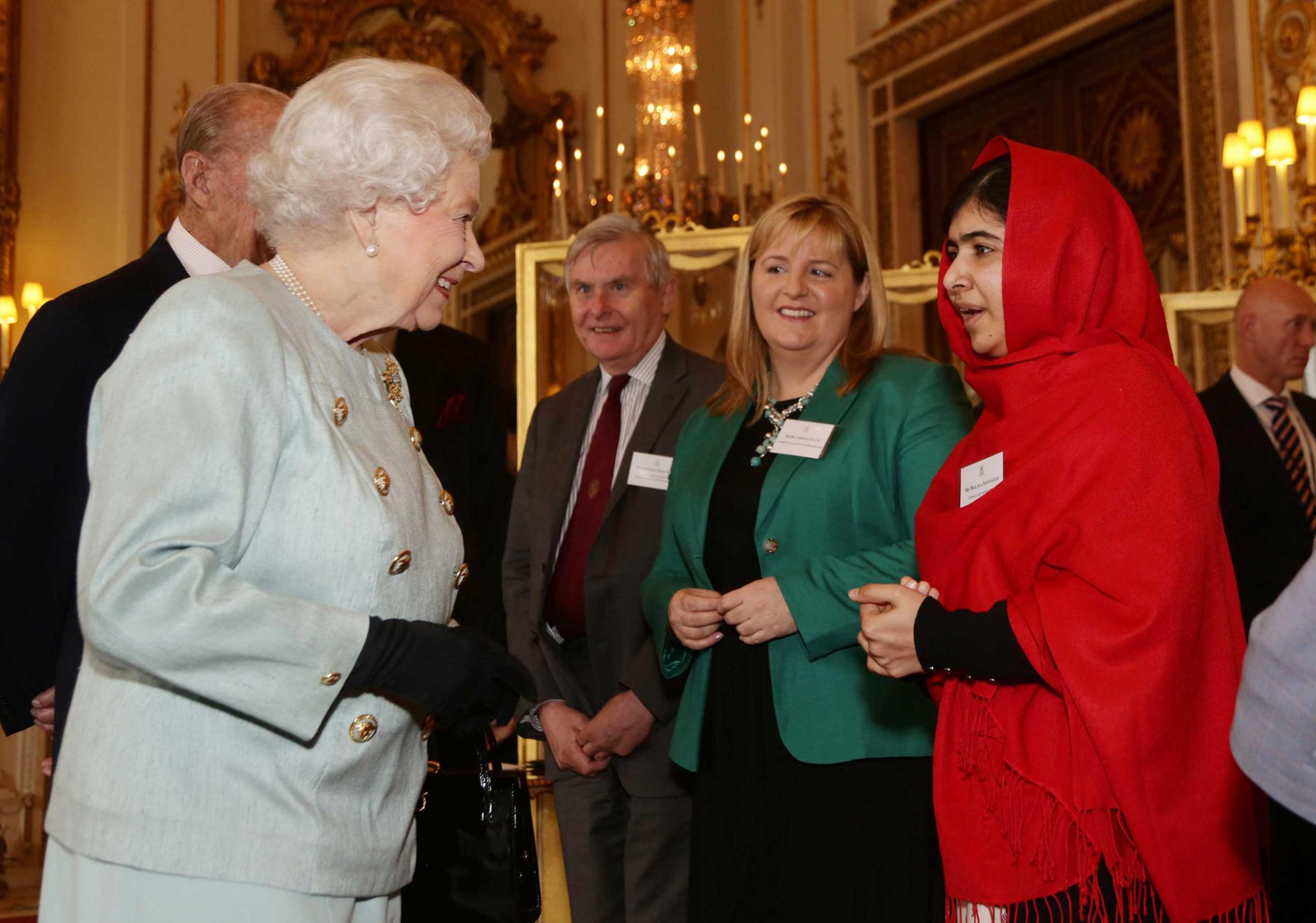
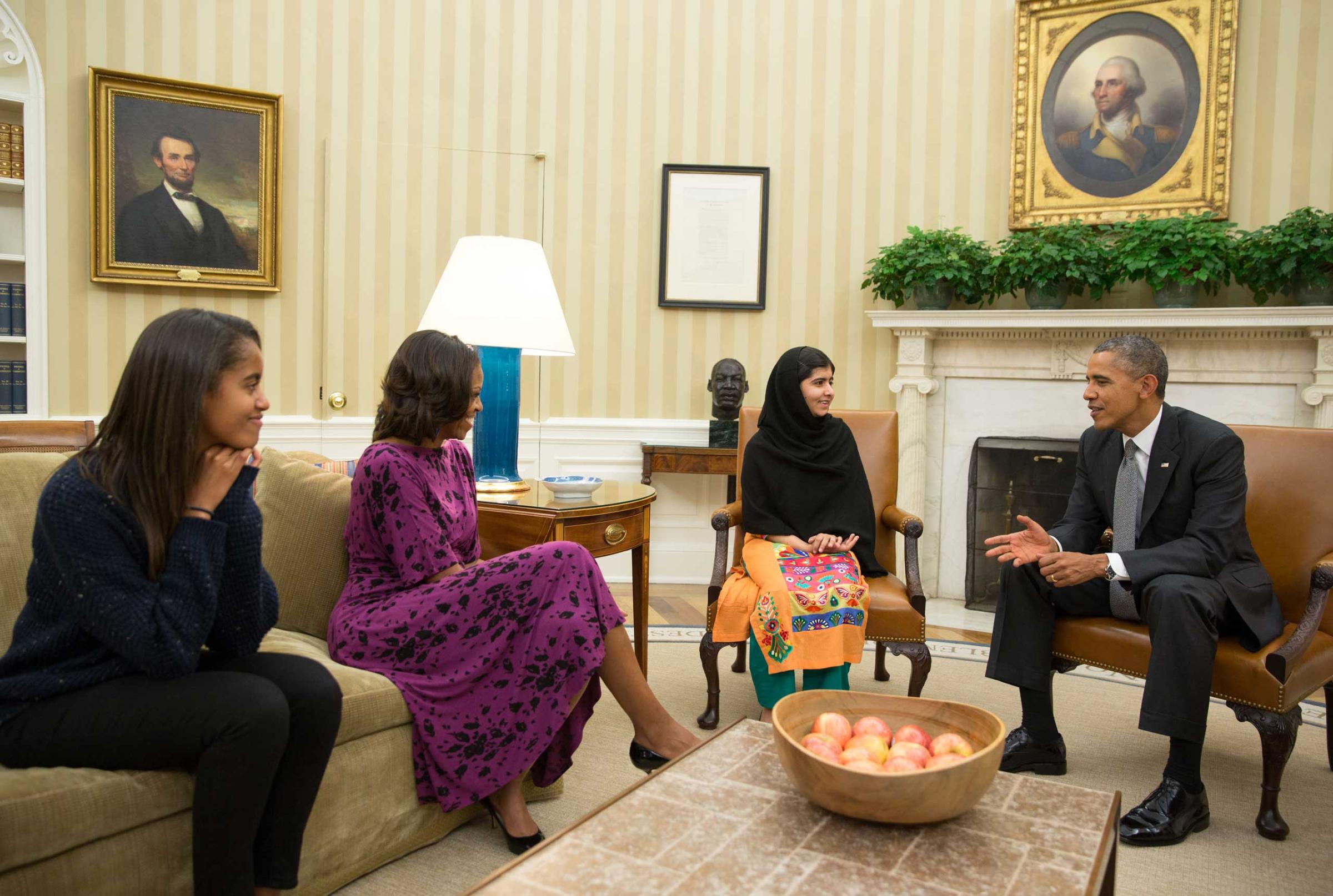
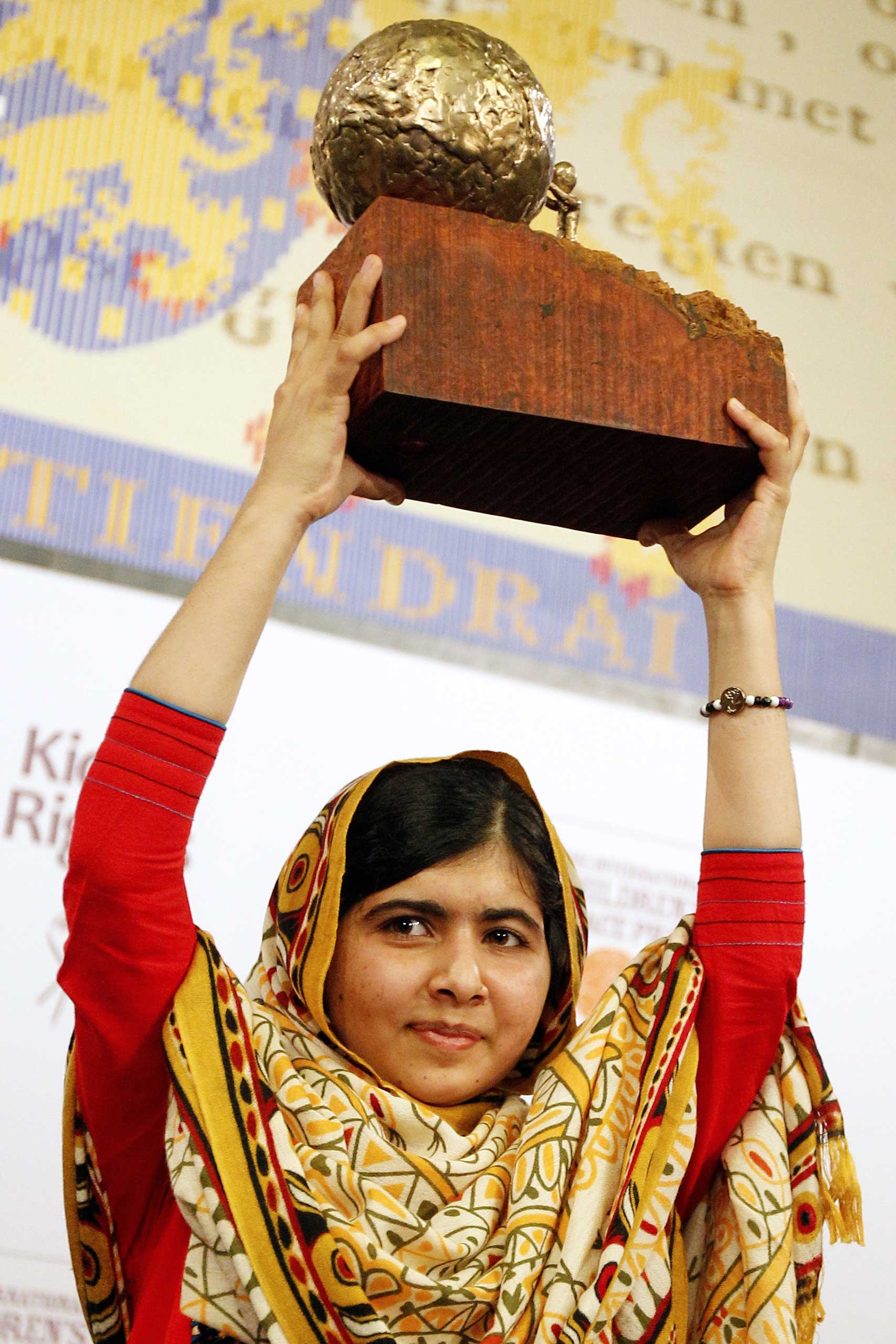
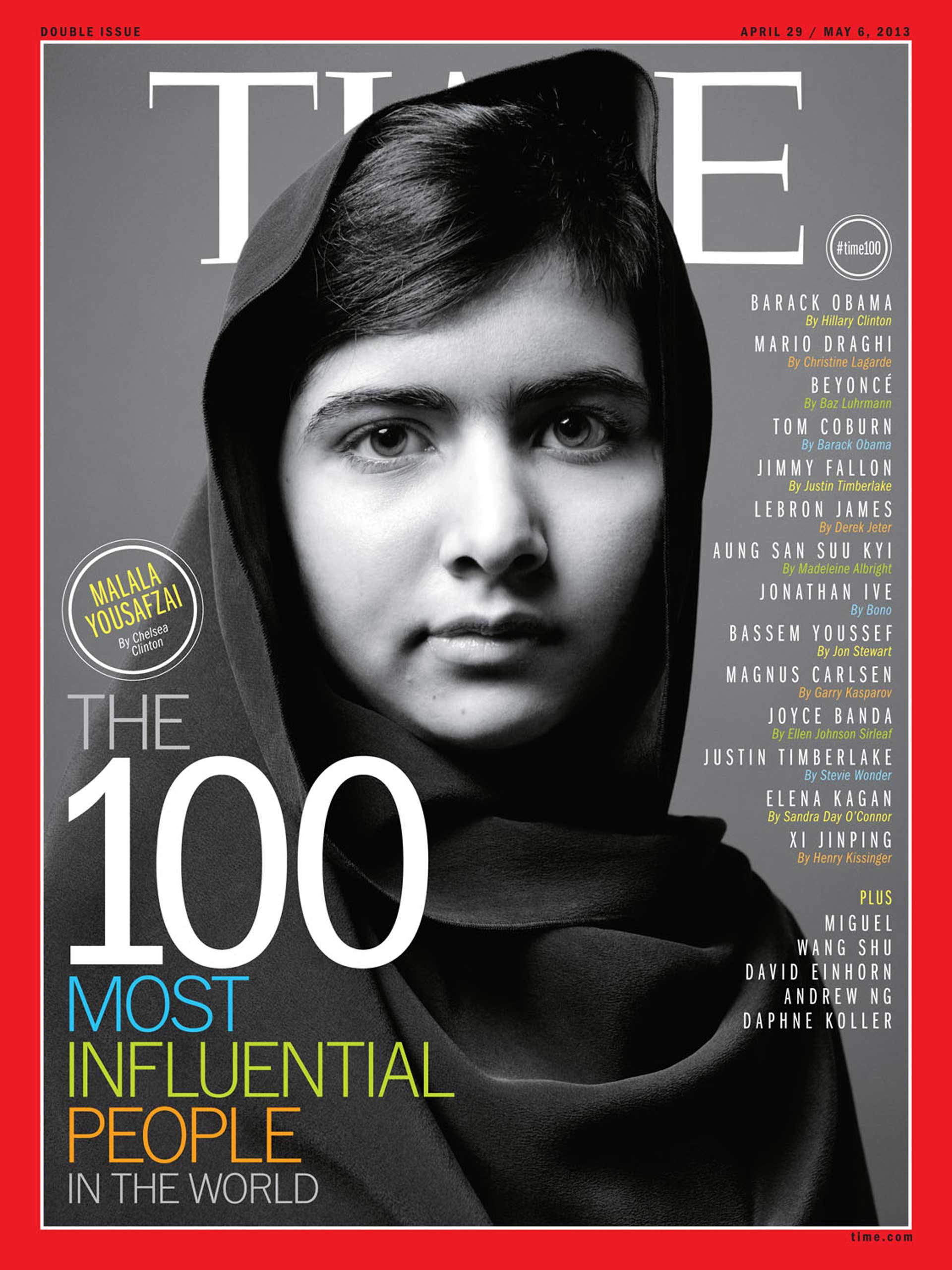
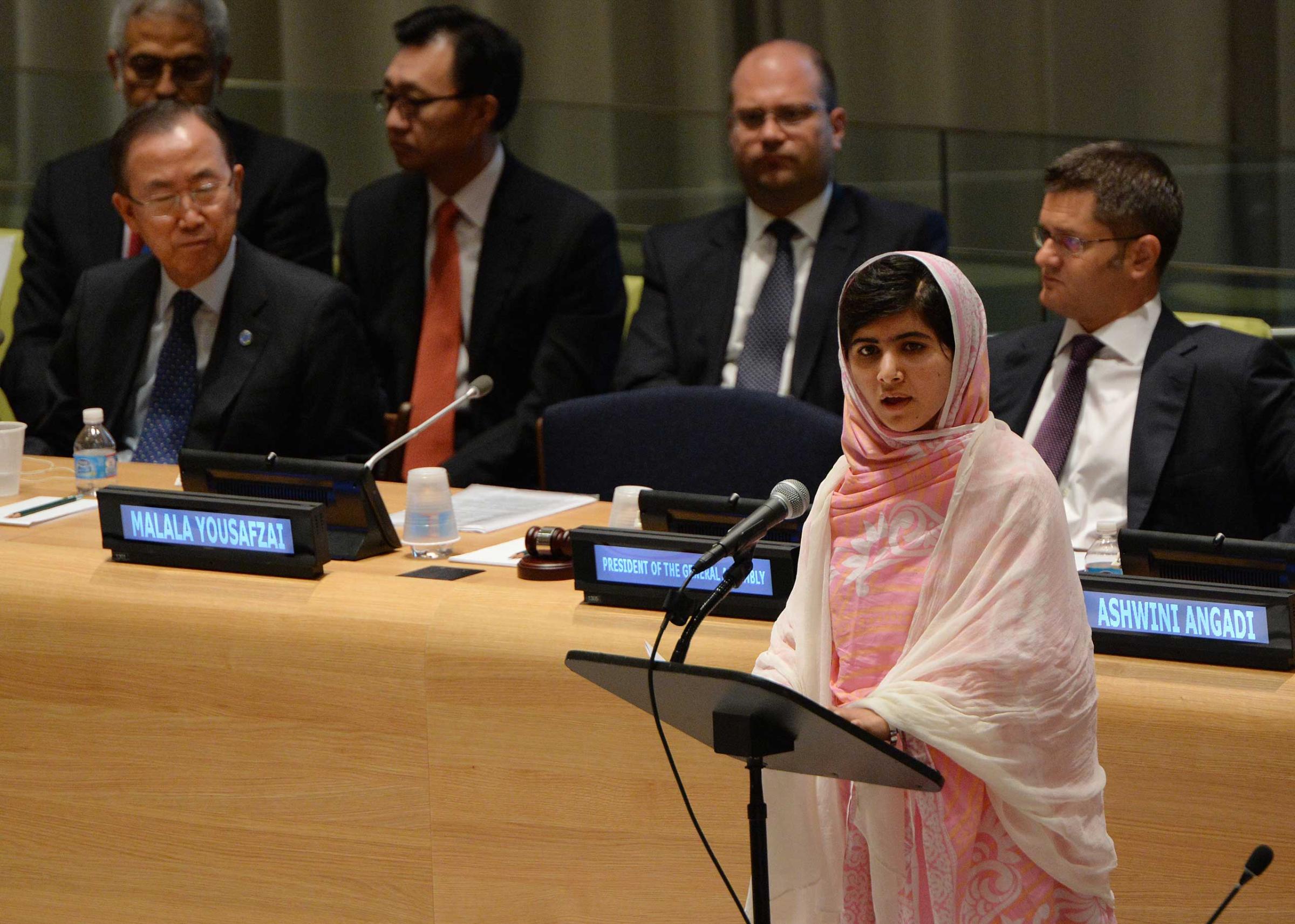
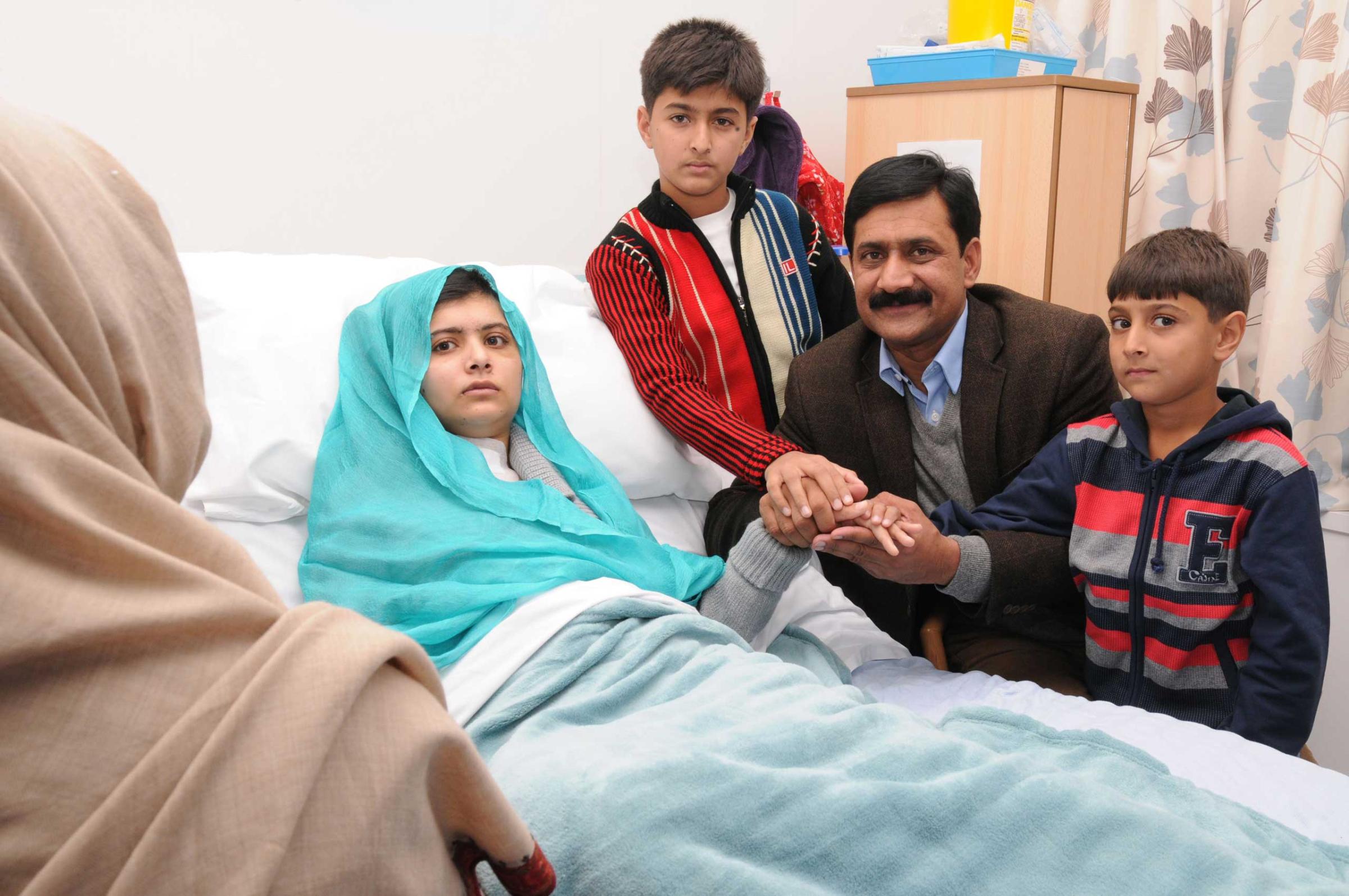
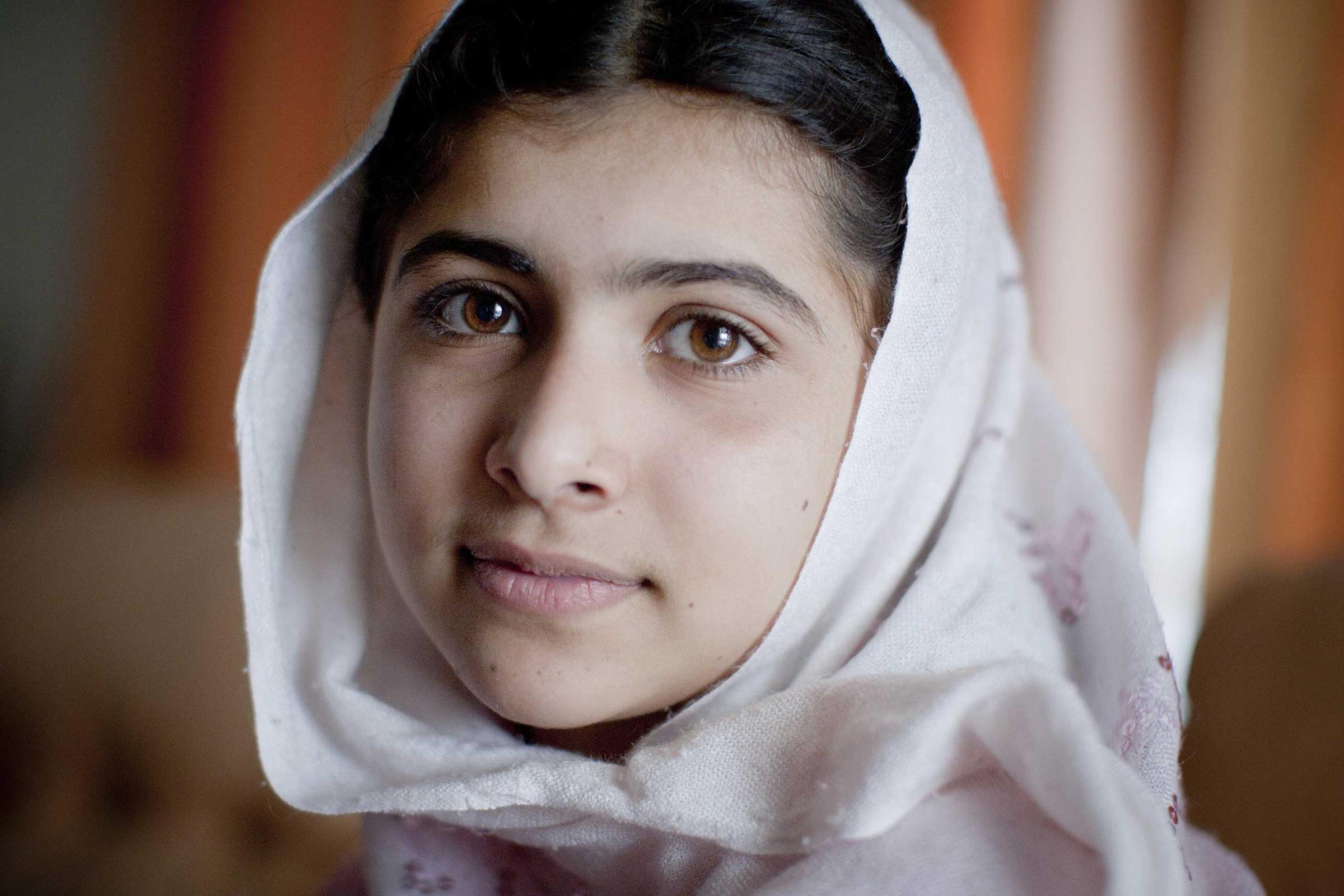
More Must-Reads from TIME
- Caitlin Clark Is TIME's 2024 Athlete of the Year
- Where Trump 2.0 Will Differ From 1.0
- Is Intermittent Fasting Good or Bad for You?
- The 100 Must-Read Books of 2024
- Column: If Optimism Feels Ridiculous Now, Try Hope
- The Future of Climate Action Is Trade Policy
- FX’s Say Nothing Is the Must-Watch Political Thriller of 2024
- Merle Bombardieri Is Helping People Make the Baby Decision
Write to Rishi Iyengar at rishi.iyengar@timeasia.com